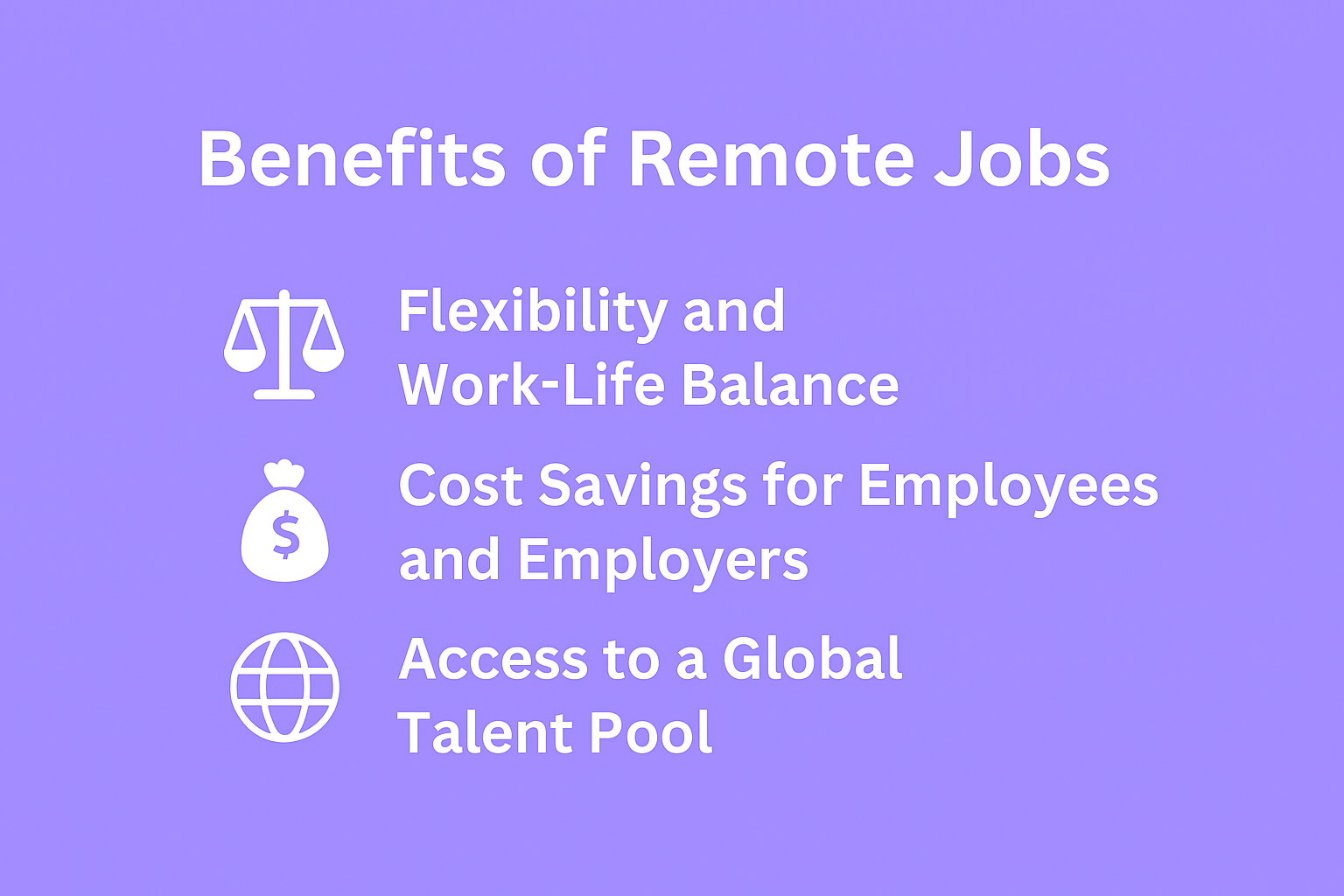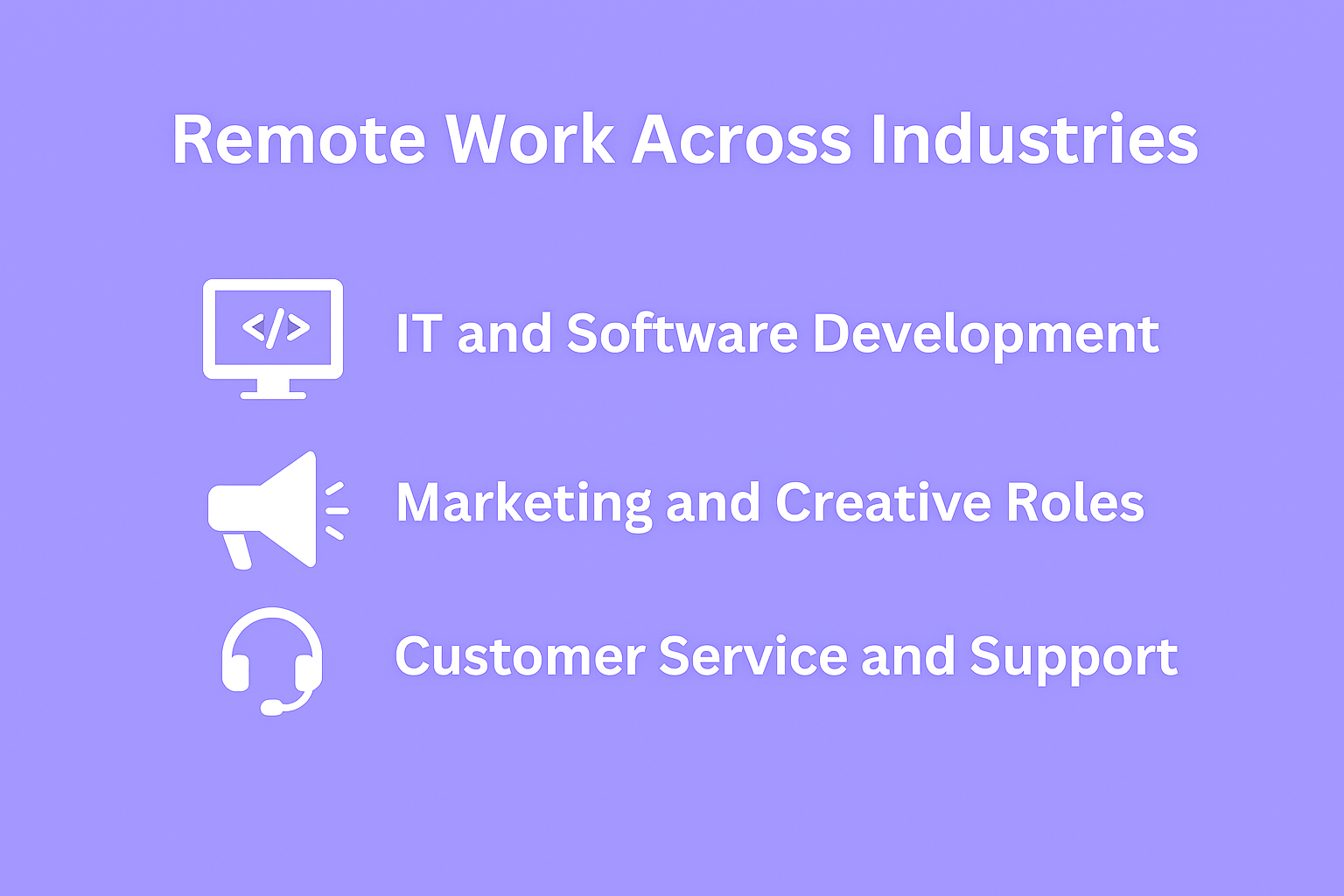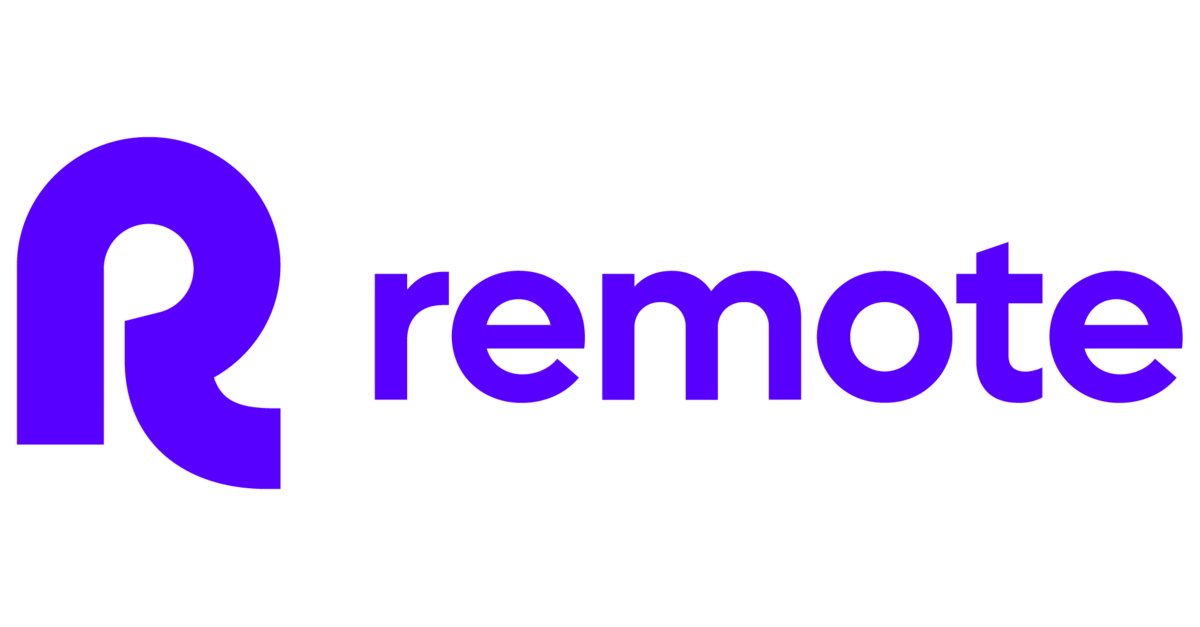


The Future of Work: Why Remote Jobs Are Here to Stay
Discover why Remote jobs are shaping the future of work and why this trend is here to stay. From flexibility and cost savings to global opportunities and advanced technologies, explore how remote work is redefining modern careers.
Table of Contents
- 1 Introduction
- 2 What is Remote Work?
- 3 The Evolution of Work Models
- 4 Technology as the Driving Force
- 5 The Rise of Remote Work
- 6 Challenges of Remote Work
- 7 The Role of Technology in Remote Work
- 8 Benefits of Remote Jobs
- 9 Hybrid Work Models
- 10 Impact on Company Culture
- 11 Global Talent Pool
- 12 Economic Implications of Remote Work
- 13 Remote Work Across Industries
- 14 The Environmental Benefits
- 15 The Future of Remote Work Policies
- 16 Tips for Thriving in a Remote Job
- 17 Conclusion
- 18 Frequently Asked Questions
Introduction
The way we work is changing, and fast. If you haven’t noticed, remote jobs have gone from a rare perk to a mainstream reality. With technological advancements and changing workforce expectations, the concept of punching in at a traditional office desk is slowly fading. So, why are remote jobs here to stay? Let’s dive in.
What is Remote Work?
Definition of Remote Jobs
Remote work, simply put, is a work arrangement that allows employees to perform their jobs outside a traditional office environment. This could be from home, a coworking space, or even a café—basically anywhere with a stable internet connection.
Brief History of Remote Work
Remote work isn’t entirely new. Freelancers, consultants, and telecommuters have been around for decades. However, it only gained global attention recently, thanks to the internet, cloud computing, and the COVID-19 pandemic, which pushed millions into working from home overnight.
The Evolution of Work Models
Traditional Office Culture
For decades, the office was considered the heart of productivity. Face-to-face meetings, cubicles, and 9-to-5 routines defined how companies operated. But cracks in this model started appearing with globalization and digitalization.
Hybrid Working Environments
The hybrid model blends office and remote work, giving employees freedom while maintaining structure. Many organizations now see hybrid as the ideal compromise.
The Rise of Remote-First Companies
Startups and even large enterprises are choosing to be remote-first, building operations without physical offices, cutting costs, and widening their hiring pools.
Technology as the Driving Force
High-Speed Internet and Cloud Computing
Remote work thrives because of tools like Google Drive, Zoom, and Slack that make collaboration seamless.
Collaboration Tools and Platforms
From project management platforms like Asana to real-time messaging apps, technology bridges the distance gap.
Cybersecurity Advancements
With remote work comes the need for secure systems. VPNs, encryption, and two-factor authentication ensure safe digital workplaces.
The Rise of Remote Work
Impact of COVID-19 Pandemic
The pandemic was a game-changer. Companies that once insisted on office presence suddenly had no choice but to adopt remote work. Surprisingly, many realized that productivity didn’t drop; in fact, it often increased.
Technology Advancements
From Zoom meetings to collaborative tools like Slack and Asana, technology made remote work feasible. These platforms enable real-time communication, project management, and seamless collaboration, making the physical office less critical.
Challenges of Remote Work
Communication Barriers
Without face-to-face interactions, miscommunications can occur more frequently. Teams need to adapt and rely on clear, concise digital communication.
Isolation and Mental Health Concerns
Working remotely can feel lonely, especially for those who thrive on social interaction. Loneliness and burnout are real concerns that need proactive solutions.
Managing Remote Teams
Managers need new strategies to monitor performance, motivate employees, and foster team cohesion when everyone is dispersed across different locations.
The Role of Technology in Remote Work
Collaboration Tools
Platforms like Microsoft Teams, Slack, and Trello allow teams to collaborate efficiently. They enable task assignments, file sharing, and instant messaging, bridging the physical gap.
Cloud Computing
Cloud technology allows employees to access files and software from anywhere. This flexibility is a cornerstone of effective remote work.
Cybersecurity Measures
With remote access comes security risks. Companies invest in VPNs, firewalls, and encryption to protect sensitive data outside the office environment.
Benefits of Remote Jobs
Flexibility and Work-Life Balance
Employees can design their schedules around personal lives, reducing stress and burnout.
Cost Savings for Employees and Employers
No commute means lower expenses for workers, while companies save on office space and utilities.
Access to a Global Talent Pool
Companies are no longer restricted by geography—they can hire the best minds anywhere in the world.
Hybrid Work Models
What is a Hybrid Work Model?
A hybrid model combines in-office and remote work. Employees might work from home part of the week and attend the office on specific days.
Advantages of Hybrid Work
It provides flexibility while maintaining in-person collaboration, helping preserve company culture.
Potential Drawbacks
Hybrid work can create coordination challenges, as team members may not be available simultaneously.
Impact on Company Culture
Maintaining Engagement
Companies need to create virtual events, team-building activities, and recognition programs to keep employees engaged.
Building Trust Remotely
Transparent communication, clear expectations, and regular check-ins are essential to building trust in a remote setup.
Pipedrive: The Ultimate Sales CRM for Streamlining Your Sales Process
Mastering Notion: A Comprehensive Guide to Using Notion for Work and Personal Life
How MEL Science is Making Learning Chemistry Fun and Interactive
Maximize Your Reach with Restream: Stream to Multiple Platforms Effortlessly
The Power of Bright Data: Unlocking Valuable Insights for Your Marketing Strategy
Global Talent Pool
Hiring Beyond Borders
Remote work allows companies to hire the best talent globally, not just locally, opening opportunities for diverse skills and perspectives.
Diverse Workforce Benefits
A diverse workforce drives innovation, creativity, and problem-solving by blending various cultural insights and experiences.
Economic Implications of Remote Work
Reduced Office Costs
Companies save significantly on rent, utilities, and office maintenance, which can be reinvested into employee benefits or technology.
Impact on Local Businesses
Reduced office commuting affects local businesses like cafes, restaurants, and retail shops, which rely on office worker foot traffic.
Remote Work Across Industries
IT and Software Development
Tech companies were among the first to embrace remote work. Coders, developers, and IT support teams can efficiently work from anywhere with minimal disruption.
Marketing and Creative Roles
Writers, designers, and marketers benefit from flexible schedules and creative freedom, often producing higher-quality output when working remotely.
Customer Service and Support
Remote customer support agents can handle queries globally without geographical restrictions, allowing companies to offer 24/7 service.
The Environmental Benefits
Lower Commuting Emissions
Less commuting means fewer vehicles on the road, reducing carbon emissions and helping combat climate change.
Reduced Office Energy Use
Remote work decreases energy consumption in office buildings, contributing to a smaller environmental footprint.
The Future of Remote Work Policies
Flexible Work Policies
Companies are increasingly adopting flexible schedules, giving employees autonomy to choose when and where they work.
Employee-Centric Policies
Policies are shifting toward employee well-being, emphasizing mental health support, training, and career growth opportunities.
Tips for Thriving in a Remote Job
Time Management
Prioritize tasks, set goals, and use productivity tools to stay organized.
Setting Boundaries
Separate work from personal life by creating a dedicated workspace and setting clear working hours.
Leveraging Technology
Use collaboration tools, project management apps, and cloud solutions to streamline workflow and maintain communication.
Conclusion
Remote work isn’t just a temporary trend—it’s shaping the future of work. With benefits like flexibility, global talent access, and environmental advantages, it’s no wonder remote jobs are here to stay. While challenges exist, proper strategies, technology, and policies can make remote work productive, sustainable, and enjoyable.
Frequently Asked Questions
Not all industries can adopt remote work fully. Jobs requiring physical presence, like manufacturing or healthcare, may have limited remote opportunities.
Regular check-ins, collaboration tools, and clear goal-setting help maintain productivity and accountability.
Not necessarily. Many companies offer promotions and professional development for remote employees, provided they maintain visibility and performance.
Remote work can lead to isolation, but implementing social interactions, breaks, and mental health support can mitigate negative effects.
Yes, hybrid models provide flexibility while maintaining in-person collaboration, making them a preferred approach for many organizations.
Recent Post


Barceló Hotels & Resorts ES AFF Digital Marketing Strategy

Amstar DMC (US & Canada) Marketing Strategies in the Travel Industry

How WEMAG DE Uses Online Marketing to Build Trust

Klarmobil Marketing Strategy: How Telecom Brands Grow Online

Study group Darmstadt DE: Digital Outreach Strategies That Work

How Ebuyer Uses Smart Marketing to Dominate E-Commerce

Hostnet NL: A Comprehensive Review of Their Web Hosting Services

Ayoa Review: Why It’s the Best Tool for Collaborative Work

Why Coverwise.co.uk is a Game-Changer for Insurance Solutions








